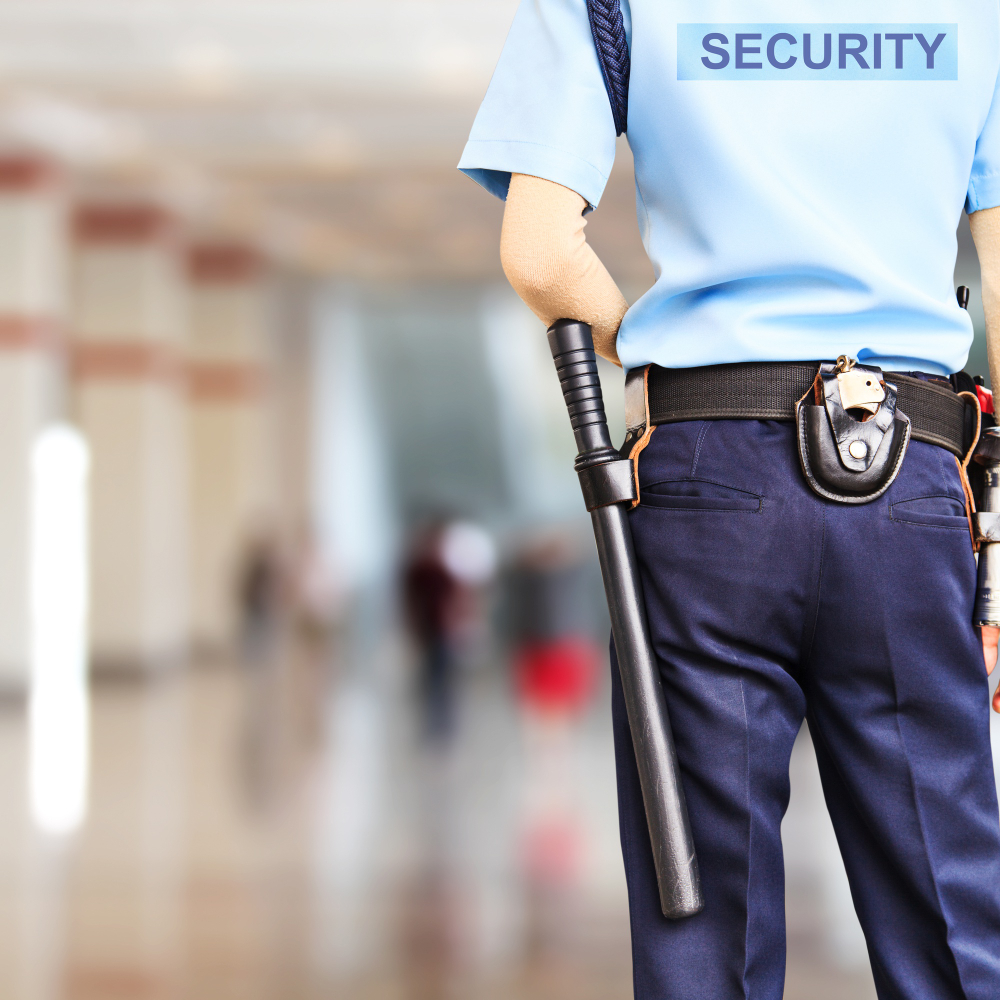
Industrial security services refer to a range of measures and practices designed to protect industrial facilities, assets, personnel, and sensitive information from various security threats and risks.
These threats can include theft, vandalism, industrial espionage, sabotage, and even terrorism. Industrial security is crucial for the smooth and safe operation of manufacturing plants, warehouses, refineries, power plants, research facilities, and other industrial sites. Here are some key aspects of industrial security services:
- Access Control: Implementing strict access control measures to ensure that only authorized personnel can enter specific areas of the facility. This may include the use of access cards, biometric authentication, security badges, and surveillance systems.
- Perimeter Security: Securing the boundaries of the industrial facility with physical barriers such as fences, walls, gates, and vehicle barriers to deter unauthorized entry.
- Surveillance and Monitoring: Using video surveillance cameras and other monitoring technologies to continuously watch over critical areas of the facility, both inside and outside. Surveillance footage can be used for real-time monitoring and as evidence in case of incidents.
- Alarm Systems: Installing intrusion detection systems, fire alarms, and other sensors to alert security personnel and authorities in case of emergencies or security breaches.
- Security Personnel: Employing security guards or officers who are trained to respond to security threats, conduct patrols, and enforce security policies and procedures.
- Security Policies and Procedures: Developing and implementing security policies and procedures that govern access, visitor management, emergency response, and incident reporting.
- Security Training: Providing security training and awareness programs for employees to help them recognize and respond to security threats appropriately.
- Background Checks: Conducting background checks and screening processes for employees and contractors to ensure their trustworthiness and suitability for working in sensitive industrial environments.
- Cybersecurity: Protecting industrial control systems (ICS) and operational technology (OT) from cyber threats, as many industrial processes rely on computer systems and networks.
- Emergency Response: Developing and practicing emergency response plans for various scenarios, such as fires, chemical spills, natural disasters, and security breaches.
- Risk Assessment: Regularly assessing security risks and vulnerabilities to identify areas that may need additional security measures or improvements.
- Compliance: Ensuring compliance with relevant industry regulations and standards, such as those set forth by government agencies and industry associations.
- Incident Management: Establishing procedures for reporting, investigating, and responding to security incidents, including incident documentation and post-incident analysis.
Industrial security services are essential for protecting critical infrastructure and assets, ensuring the safety of personnel, and safeguarding proprietary information. The specific security measures and services required will vary depending on the nature of the industry, the size of the facility, and the potential security threats in the region. Many industrial organizations work with professional security firms or consultants to assess their security needs and implement effective security solutions.